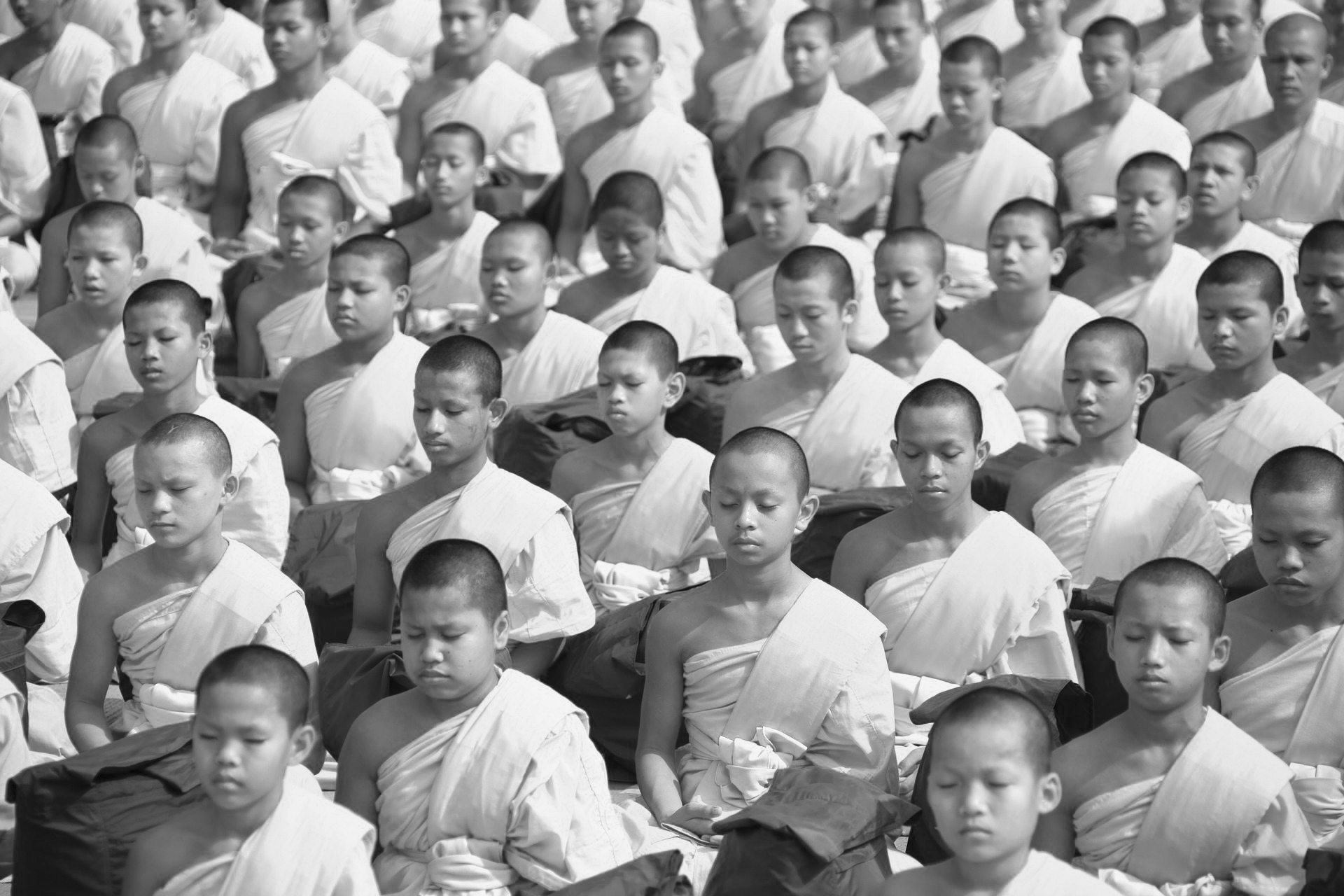First Encounter
Yeo grew up in a Buddhist family in the Philippines. He remembers times when it was not safe to go to the marketplace because Muslims were killing Buddhists for their religion. Yeo sometimes went with his mother to the Buddhist temple to burn incense. One day his sister was sick and dying. A doctor was there but could not help. Yeo’s mother prayed frantically for Buddha to help her.


